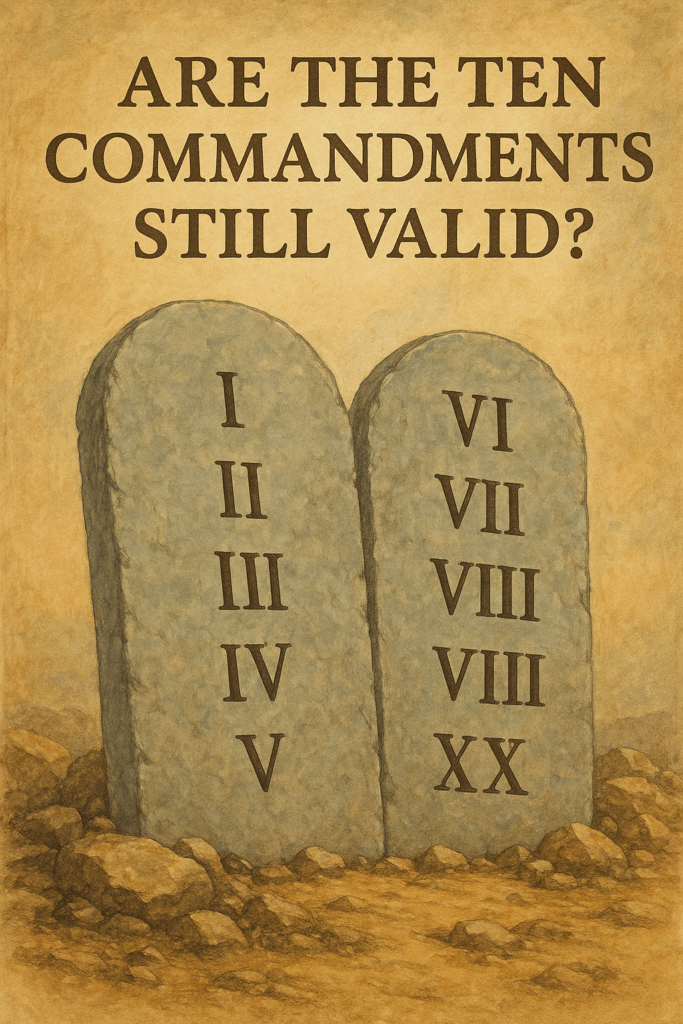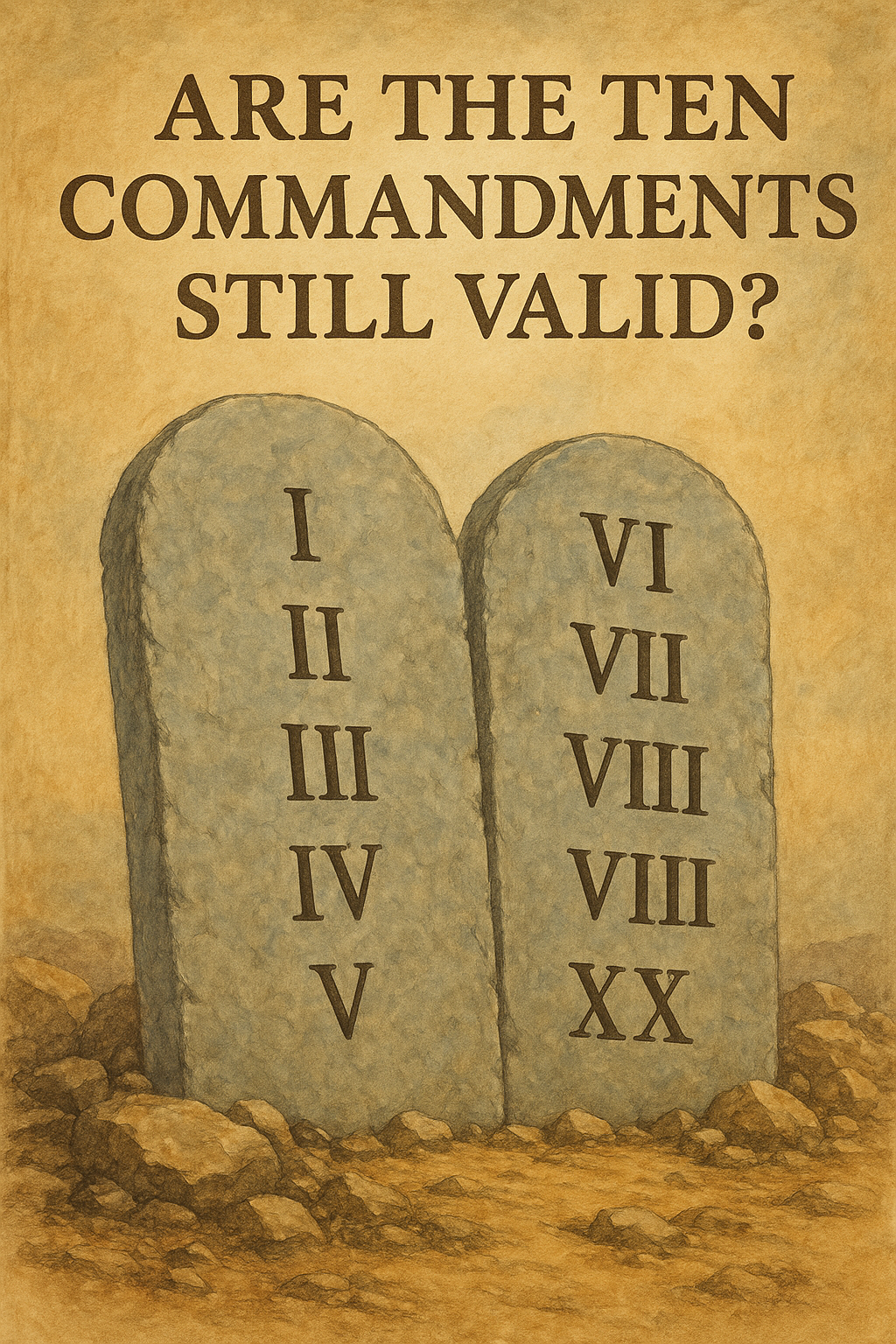The greatest misunderstanding lies in the confusion between righteousness by works and doing good works. Unfortunately, many people treat these as the same thing.
But once we understand the difference, the entire debate over whether we are “free from the Law” comes to an end.
Many people read the letters of the Apostle Paul superficially and twist his statements—for example, in the letter to the Romans, where it is written:
“For the law of the Spirit of life in Christ Jesus hath made me free from the law of sin and death.”
(Romans 8:2, Luther 1545)
This verse, among others, is often used to claim that God’s laws no longer apply to followers of Christ.
Tragically, many people are led astray by such false doctrines.
Yet the Scriptures do not contradict themselves.
In the Old Testament, we are clearly told to keep the Law.
I am aware of the counterargument: that because Jesus died for us on the cross in the New Testament, the laws are now nullified. But this would create a contradiction.

Such an interpretation comes from a deceived mind—and sadly, it is readily adopted by many new believers.
What these people forget are the words of Jesus in the Book of Revelation:
“And he that overcometh, and keepeth my works unto the end, to him will I give power over the nations.”
(Revelation 2:26, Luther 1545)
“And the rest of the men which were not killed by these plagues yet repented not of the works of their hands, that they should not worship devils, and idols of gold, and silver, and brass, and stone, and of wood: which neither can see, nor hear, nor walk.”
(Revelation 9:20, Luther 1545)
“And, behold, I come quickly; and my reward is with me, to give every man according as his work shall be.”
(Revelation 22:12, Luther 1545)
So even in the very last book of the Bible, where our Redeemer reveals to us the end of days, our works are consistently addressed.
Our works are the decisive factor when it comes to the judgment we will receive.
The seven letters to the churches in Revelation alone speak repeatedly about our works.
No matter how we twist or turn the interpretation—nothing changes the fact:
Whoever interprets verses like Romans 8:2 to mean that the Law is no longer valid will be asked at the Final Judgment:
“Why did you so violently distort these parts of Scripture?”
Let’s simply look at what people often overlook in the letter to the Romans:
“There is therefore now no condemnation to them which are in Christ Jesus, who walk not after the flesh, but after the Spirit.”
(Romans 8:1, Luther 1545)
“That the righteousness of the law might be fulfilled in us, who walk not after the flesh, but after the Spirit.”
(Romans 8:4, Luther 1545)
Paul is telling us clearly:
Those who are faithful followers of Christ are free from the Law—but not because they are exempt.
Rather, as sincere disciples, we naturally do the works that the Law requires.
As it is written: the Law will be written on the hearts of the believers.
When we do good works out of pure love for our Redeemer, we no longer need the Law.
But we are also told to test all things.
How could we examine ourselves if the Law no longer existed?
It is absolutely true: Righteousness by works cannot save us.
This mindset says:
“No matter how wicked my heart may be, as long as I perform the right deeds, I will be saved.”
But when we follow Christ, we do the very same works—but out of love for our neighbor.
Because we know we are saved—as long as we continue to follow the Lord.
Our works are our fruits.
And it is by these fruits that we are to recognize one another.
